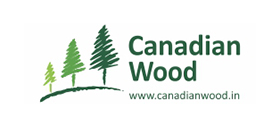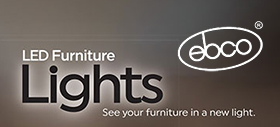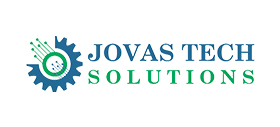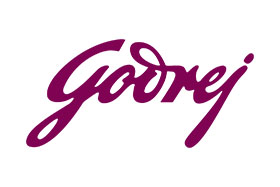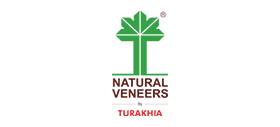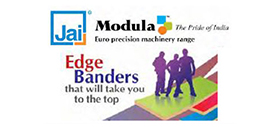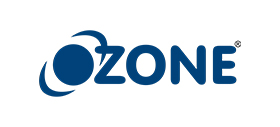Warning: Trying to access array offset on value of type null in /var/www/vhosts/woodnews.in/httpdocs/wiphp/wi_articledetail.php on line 33
Warning: Trying to access array offset on value of type null in /var/www/vhosts/woodnews.in/httpdocs/wiphp/wi_articledetail.php on line 34
Warning: Trying to access array offset on value of type null in /var/www/vhosts/woodnews.in/httpdocs/wiphp/wi_articledetail.php on line 35
Warning: Trying to access array offset on value of type null in /var/www/vhosts/woodnews.in/httpdocs/wiphp/wi_articledetail.php on line 36
Warning: Trying to access array offset on value of type null in /var/www/vhosts/woodnews.in/httpdocs/wiphp/wi_articledetail.php on line 37
Warning: Trying to access array offset on value of type null in /var/www/vhosts/woodnews.in/httpdocs/wiphp/wi_articledetail.php on line 38
Warning: Trying to access array offset on value of type null in /var/www/vhosts/woodnews.in/httpdocs/wiphp/wi_articledetail.php on line 39
Warning: Trying to access array offset on value of type null in /var/www/vhosts/woodnews.in/httpdocs/wiphp/wi_articledetail.php on line 40
Warning: Trying to access array offset on value of type null in /var/www/vhosts/woodnews.in/httpdocs/wiphp/wi_articledetail.php on line 43
Warning: Trying to access array offset on value of type null in /var/www/vhosts/woodnews.in/httpdocs/wiphp/wi_articledetail.php on line 44
No Article Added
Comments

- European symposium highlights formaldehyde emission limits
- Egger adopts holistic approach to waste management
- Taiwan’s Woodworking Machinery Industry Captivates Global Media on Opening Day of LIGNA 2025
- Coming of age of sustainability
- Intelligent packing line, sander from Woodtech
- Ornare introduces 5 new leather decors
- Richfill Edge Coat offers safer plywood finishing
- Jai’s Optimus range stays ahead of the curve
- Merino’s Acrolam sets new benchmarks in elegance
- Pytha 3D-CAD: where precision meets production
- Raucarp edge bands: simple, affordable
- Greenlam scores a 1st: High Quality Product Award
- Häfele turns space solutions provider
- Hettich bets on intelligent motion for evolving interiors
- Praveedh taking desi innovation to the global stage
- Turakhia shows off its Natural Veneers range
- Egger continues to ‘inspire, create, grow’
- Blum turns heads with new drawer, hinge systems
- FSC benchmarking responsible forestry
- At 100, Festool powers new solutions
- Door manufacturing on cusp of transformation
- AI-powered crib sings a universal lullaby
- In Full Bloom: Top brass at Blum takes a shot at burgeoning India market
- Elegant mathematics is bending the future of design
- Wood fibres weave new textile yarn
- Rolls-Royce icon: ‘most intricate woodwork ever’
- Felder’s long-term view to achieving excellence
- Tech in the future of furniture manufacturing
- Exports from India on horizon: Juergen Koeppel, CEO, Leitz Tooling
- Pfleiderer adds value with digital ‘structure finder’
- Australian architects design for KEEPsakes
- Jump shot! Crafting the ultimate pool table
- Apple adopts CLT to cut building emissions
- Sustainable design at Hotel Hábitat 2025
- Vecoplan tailors waste wood processing at Schaffer Holz
- Dealer engagement goes digital
- How to refinish wood decks like a pro
- IWMMTA makes strong beginning in the East
- Feria Hábitat weathers unusual Spanish storm
- Interzum Guangzhou 2026: materials defining the future
- Forum Italy: Beyond Furniture, Towards the Future
- CIFF Shanghai: hub of design, innovation
- Interzum Jakarta debuts with strong connect
- DAIC to showcase Kerala’s prowess this December
- Events Calendar: Industry fairs to visit




























